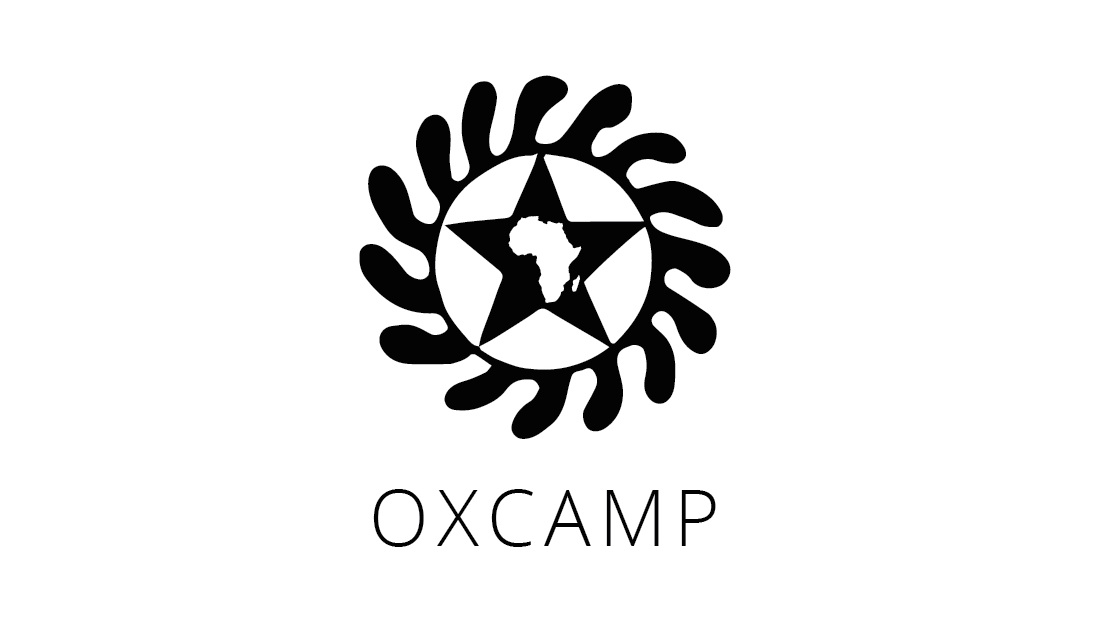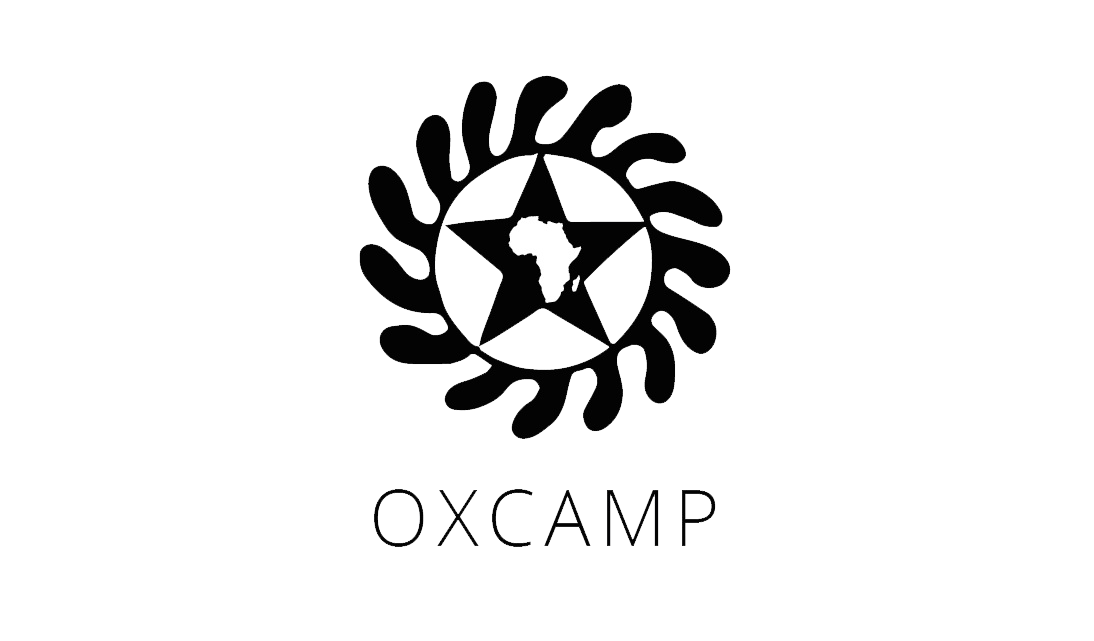In Ghana, if you want to develop effective interventions you need to look at family and community dynamics and reinforce the mechanisms that help rather than just using measures that target a particular child.
Kofi Boakye’s PhD comparing young people’s offending in Ghana with that in the US and UK found that context matters when it comes to explaining crime and developing effective methods to prevent it. Previously most of the data had been based on Western studies which have been mainly focused on white people. Kofi questioned the relevance of these studies and their findings in different settings and cultures.
The PhD marked the start of an academic career which has seen him collaborating with academics around the world to broaden the evidence base on violent crime and setting up the African Institute for Crime, Policy and Governance Research to ensure policy is evidence-based.
Early life
Kofi comes from Kumasi in the Ashanti Region, but his family moved around the country due to his father’s business. At the University of Ghana, he majored in Psychology and was drawn to forensic psychology and criminology, in particular child sexual violence and how it is reported. He graduated in 2001 and worked as a teaching and research assistant in the Psychology Department.
There was no forensic psychology or criminology department at the University of Ghana so Kofi explored other possibilities for continuing his studies. He was admitted to the University of Cambridge’s Institute of Criminology in 2002, but deferred the programme to complete an MBA at the University of Leicester. Coming from a family of entrepreneurs, this seemed the obvious path to take, but his interest in criminology persisted.
Kofi won Commonwealth funding to pursue an MPhil in Criminological Research at Cambridge after his two-year studies at Leicester University. His MPhil dissertation on child sexual abuse and rape was supervised by Professor David Farrington, a leading researcher in psychological criminology. Professor Farrington leads the Cambridge Study in Delinquent Development.
Doctoral studies
Kofi developed an interest in the Cambridge Study and proposed doing a PhD comparing research evidence on young people offending in the US and UK with what was happening in Ghana. He collected data from Ghana on young people and offending and compared it with the Cambridge Study in Delinquent Development and the Pittsburgh Youth Study. He describes the PhD, which he began in 2006, as the best thing that happened to him and says he could not have done it without the Gates Cambridge Scholarship.
He says Cambridge provided the grounding in academic rigour that he needed and from Gates Cambridge Kofi learnt about other disciplines. He would spend time in the Gates Cambridge Common Room, talking to other scholars and says their questions about his research helped shape his thinking. Kofi won several awards during his PhD, including the Best Graduate Student Paper Competition Prize from the American Bar Foundation, and received an honourable mention in the American Society of Criminology Doctoral Student Paper Competition.
A key finding from his PhD research was that context is important in explaining youth offending. In Western studies, for instance, impulsivity and lack of empathy were seen as central and prevention programmes were designed around them. His work shows the need to understand the different dynamics going on in other societies and cultures. “For example, while individual factors are strong in the West this is not exactly the case in Ghana where family factors appear more important,” says Kofi. “The research underlines that context matters.”
In Ghana, he says, there is an emphasis on collective parenting. “Even if a young person is impulsive or lacks self-control, this factor will likely be suppressed by forms of social control beyond parental control. The stronger that social control is the less individual factors have an impact,” says Kofi. “If you want to develop effective interventions you need to look at family and community dynamics and reinforce the mechanisms that help rather than just using measures that target a particular child.”
Further studies
After his PhD, Kofi won a three-year Betty Behrens Research Fellowship from Clare Hall College which enabled him to publish papers related to his PhD and seek funding for further research on youth violence and evidence-based crime prevention. He collaborates with Dr Justice Tankebe, who is also from Ghana, on other research areas, including the death penalty and police corruption. He also works with colleagues in Ghana on suicide and self-harm.
Kofi was also asked by Manuel Eisner, director of the Violence Research Centre at the Institute of Criminology at Cambridge, to help put together a large-scale comparative study involving eight countries, including Ghana. The longitudinal project starts from pregnancy. In addition, Kofi is involved in another international self-reporting study of delinquency covering more than 30 countries. Initially the study only had Cape Verde and no mainland African country. Kofi argued for the inclusion of Ghana.
When he finished his fellowship, Kofi won a senior lectureship at Anglia Ruskin University, but continued his research at the Institute as an affiliate fellow, pursuing collaborative projects. He has been a visiting fellow to several universities in the US and Africa, including Cornell University School of Law, the State University of New York and to the University of Ghana through the Carnegie Diasporan Fellowship Programme. Kofi has published extensively in high-impact peer reviewed journals such as Child Abuse & Neglect, Journal of Interpersonal Violence, Law and Social Inquiry, Policing and Society; has served on Editorial Boards such as International Criminology; and has presented at several international conferences. He is a member of the American Society of Criminology, the European Society of Criminology, a chartered member of the British Psychological Society and a member of the Forensic Division of the British Psychological Society.
Evidence-based policy
In 2012 he also established the African Institute for Crime, Policy and Governance Research with Dr Tankebe which aims to produce high quality, evidence-based research on crime and governance which can be used to shape policy. Its briefings cover areas such as violent crime and are based on a detailed analysis of police reports. They clearly show that the violent crime with the biggest economic implications in Ghana is rape. “It takes a lot of courage for a woman to report rape, but we still see that reports of rape are twice as common as robbery,” says Kofi. Yet few cases come to court. The Institute aims to raise a debate on the allocation of resources in violent crime and to move beyond official statistics.
Kofi has also been keen to give back to both Gates Cambridge and to other Ghanaian students. Since his time as a PhD student, he has encouraged students to get in touch with him if they want further information and advice with the application process. This support started informally and has evolved into the Oxbridge Africa Mentorship programme, a charity which was registered in 2012 and pairs students aged 14 to 25 with someone who has studied at Oxford or Cambridge. It has reached over 1,500 students. Kofi has also worked with the University of Ghana to spread the word about the Gates Cambridge Scholarship throughout the country and has helped the University to restructure its programmes and supervision system.
Kofi says he is very grateful to Gates Cambridge for setting him on his current path and for its emphasis on giving back. “Gates Cambridge fits what my passion has always been – leadership and giving back. These are values that I cherish. It’s a scholarship that doesn’t just emphasise your intelligence and academic competence, but which deliberately encourages you to give back.”

